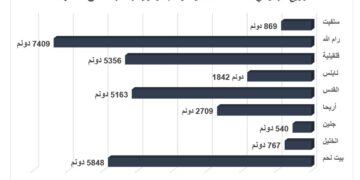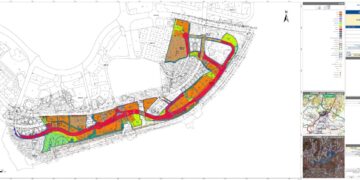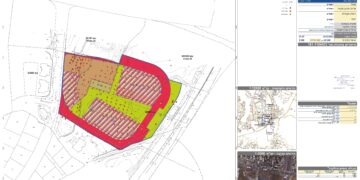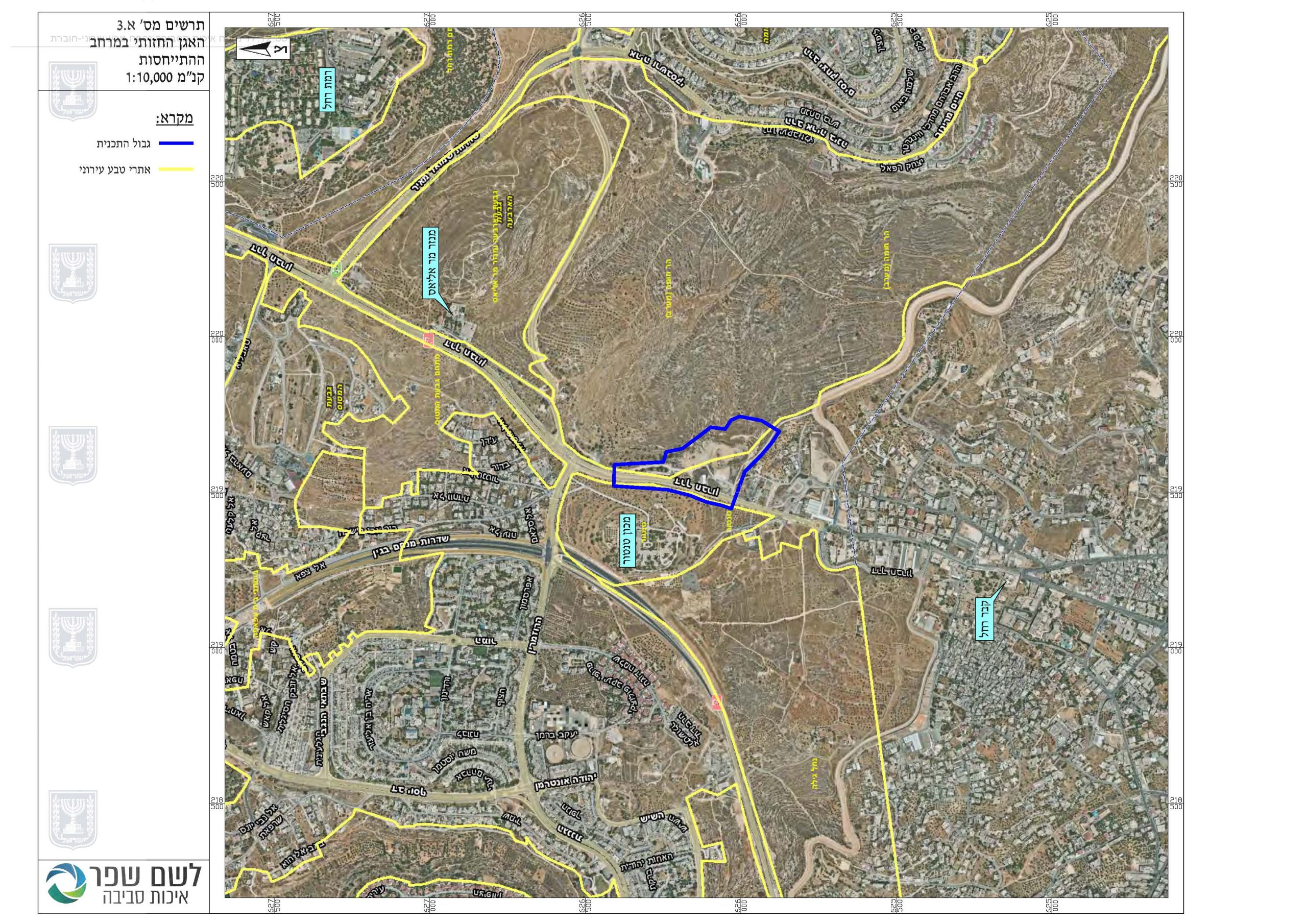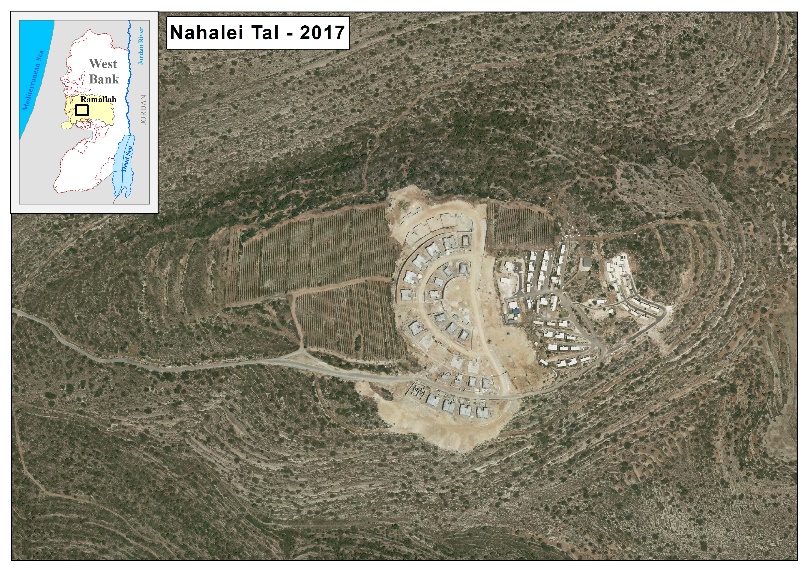- Violation: Expansions in the Israeli military camp “Nahal” .
- Location: Wad Al-Malih / Tubas governorate.
- Date: 25/03/2019.
- Perpetrator: The Israeli occupation army.
- Victims: Bedouin communities in Wad Al-Malih.
Description:
Recently, “Nahal” military camp witnessed expansions through construction of new buildings on an area of 9 dunums, in addition to rehabilitation of older buildings and developing the infrastructure of the camp.
Expansion works commenced in October 2018 , and completed in March 2019. The military camp is now prepared to take in more soldiers. Moreover, it will serve as a central camp in the Jordan Valley.
“Nahal” military camp was built on 624 dunums of confiscated Palestinian lands, that the occupation claims are an Israeli state property. The lands are located in natural blocks 2 , piece 4 of , namely known as “Khalayel Al-Bed”. In addition to 31 dunums in natural block 3 in an area also called “Mahfoutha forests” , that was originally endowment lands belong to the Latin Patriarch.
The expansions come in time with the soldiers spreading in the Jordan valley and at new locations.
Human rights activist Aref Daraghmeh told LRC reporter:
“Wad Al-Malih is known as the western gate of the Jordan Valley , and has a strategic location. Thus, the occupation is working day and night to take over the area. Establishing “Nahal” military camp in the 70s at the area turned residents’ lives into a living hell , due to the damages they caused to the environment, in an area whose residents depend mainly on agriculture for living. In addition to banning construction, and destroying any new buildings on the pretext that they lack “licenses”.
Land Research Center sees Israel continuous expansion on colonies in the West Bank and Jerusalem at the expense of Palestinian and lands a flagrant violation of Human Rights and all international laws and conventions, which prohibit disposition of public properties in occupied countries.
UN Resolutions
UN Security Council Resolution 242 of 1967: calls for
- the Withdrawal of Israel armed forces from territories occupied in the recent conflict;
- Termination of all claims or states of belligerency and respect for and acknowledgment of the sovereignty, territorial integrity and political independence of every State in the area and their right to live in peace within secure and recognized boundaries free from threats or acts of force.”
UN Security Council Resolution 449 of 1979: the Security Council determined:
- “that the policy and practices of Israel in establishing settlements in the Palestinian and other Arab territories occupied since 1967 have no legal validity and constitute a serious obstruction to achieving a comprehensive, just and lasting peace in the Middle East”
UN Security Council Resolution 452 of 1979: states that
- “the policy of Israel in establishing settlements in the occupied Arab territories has no legal validity and constitutes a violation of the Fourth Geneva Convention relative to the Protection of Civilian Persons in Time of War of 12 August 1949” and “calls upon the Government and people of Israel to cease, on an urgent basis, the establishment, construction and planning of settlements in the Arab territories occupied since 1967, including Jerusalem.”
UN Security Council Resolution 465 of 1980:
- It expressed concern at Israeli settlement policy in the Arab territories and recalled resolutions 237 (1967), 252 (1968), 267 (1969), 271(1969) and 298 (1971). It further called upon the State and people of Israel to dismantle such settlements. The resolution calls on all states ‘not to provide Israel with any assistance to be used specifically in connection with settlements in the occupied territories
Prepared by
The Land Research Center
LRC





